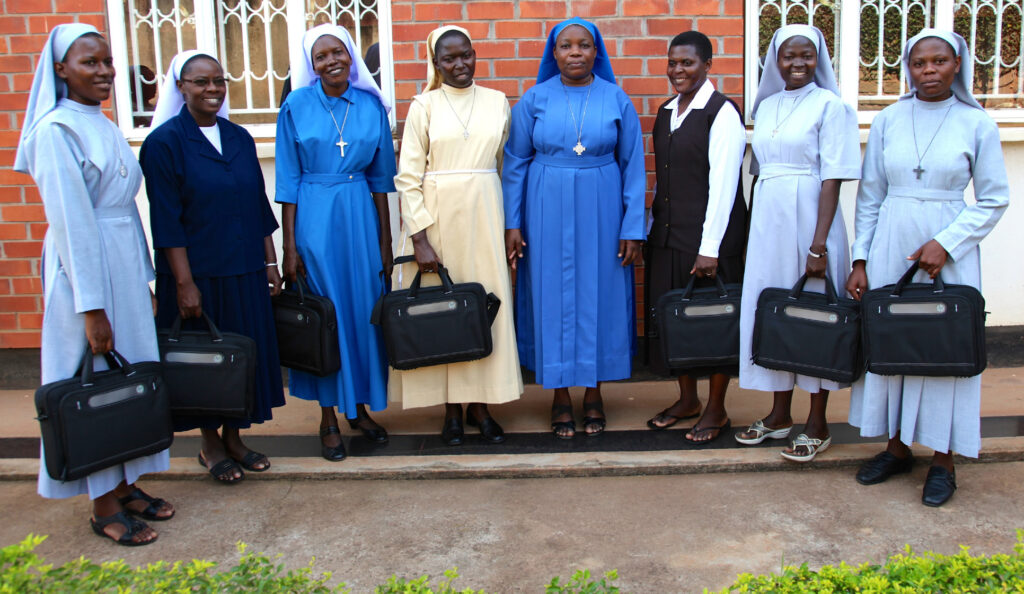
Collaboration continues to be a cornerstone of the Catholic Sisters initiative. The USC Center for Religion and Civic Culture (CRCC) undertook a qualitative study on the role collaboration plays in the Initiative’s portfolio in order to understand how sisters and their organizations use collaboration and to identify ways that the Catholic Sisters initiative can support collaborative efforts among sisters. CRCC staff reviewed the body of literature on collaboration, conducted observational fieldwork and in-depth interviews with key informants, and reviewed grantee reports and supporting documents. Five key learnings emerged from the study:
The study and its learnings provide a useful collaboration framework for the Catholic Sisters Initiative staff to use in developing grants and successfully implementing Strategy 25.